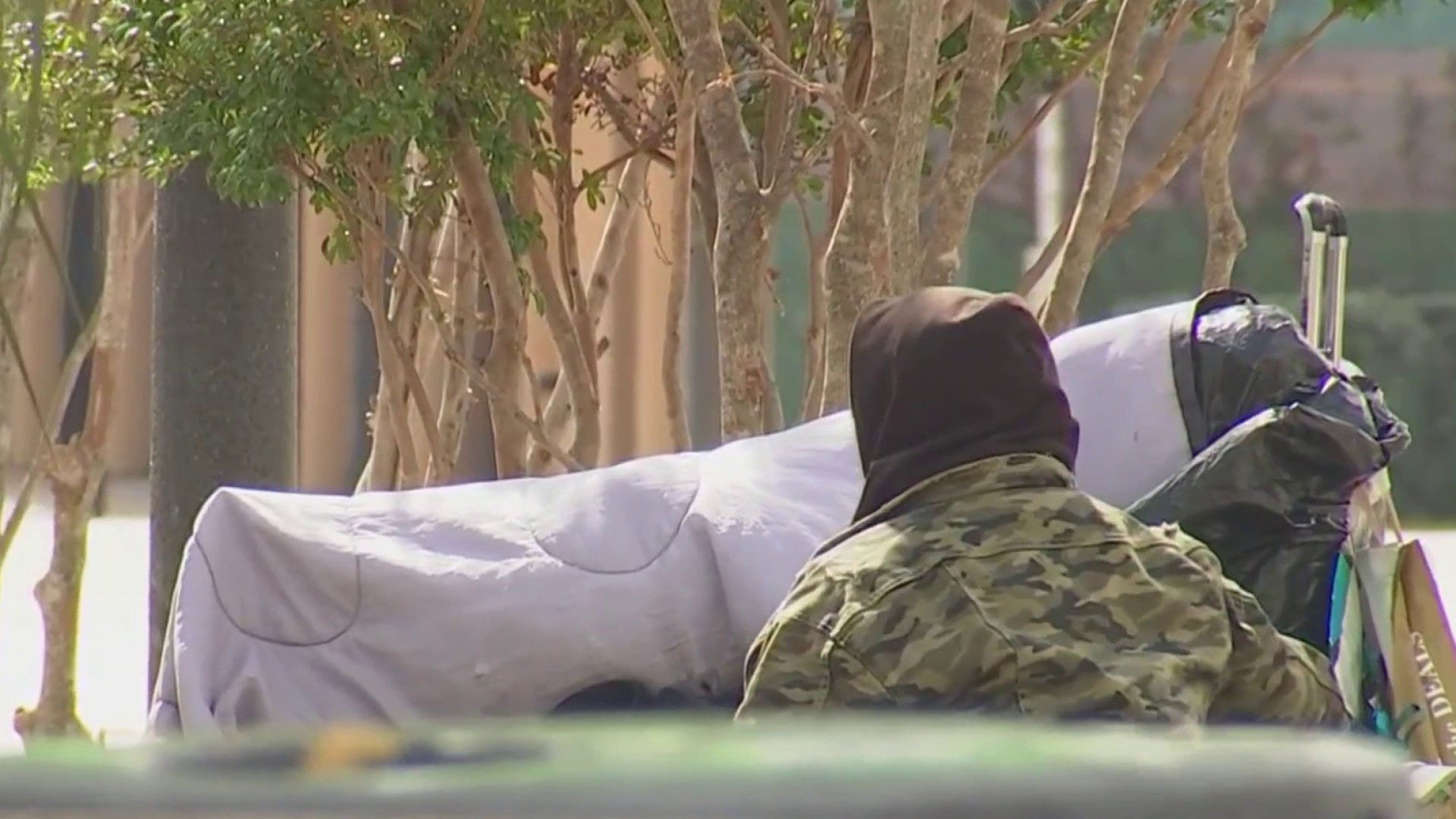A South Florida mother who lost her son after repeated concussions spoke to NBC 6 about the risks to young athletes.
Diana Colon’s 16-year-old son Daniel Brett took his own life in March of 2011 after suffering repeated hits to the head from playing football. But she said she didn’t know anything was wrong at the time, until he started experiencing symptoms.
Colon first shared her story with NBC 6 in 2014. She says she was among the many South Floridians watching Thursday Night Football when Dolphins quarterback Tua Tagovailoa went down after a tackle and was diagnosed with another concussion.
“My knees buckled," she said. “It’s very hard to watch that.”
The Hurricane season is on. Our meteorologists are ready. Sign up for the NBC 6 Weather newsletter to get the latest forecast in your inbox.
For Colon, these types of injuries feel personal. She said her son Daniel began playing football recreationally when he was about 11 years old.
“He was a football addict. He loved what he did,” she said. "He wanted to play for the University of Miami."
Local
She said Daniel wasn’t a big kid, weighing around 160 pounds. But he fought to make the junior varsity football team at Cypress Bay High School when he was fourteen.
But during one practice, something changed.
"He was stumbling," she said. "The coach says 'What's wrong with you?' and he said 'I can't see.'"
Colon said from there things went downhill and Daniel never played football again. The family sought help to manage the changes they saw in Daniel, including migraines and depression.
"He stopped being the Daniel that I recognized, that our family loved,” she explained. "The sweet warm loving kid. Because he had a brain injury and we didn’t understand it. He didn’t understand it."
But researchers now understand much more about the risks to young people playing contact sports. Last year, Boston University’s CTE Center, which studies the brain disease that can only be diagnosed after someone dies, published new findings Neuropathologic and Clinical Findings in Young Contact Sport Athletes Exposed to Repetitive Head Impacts | Adolescent Medicine | JAMA Neurology | JAMA Network about the risk to young people.
The study found of 152 young athletes who died before the age of 30, more than 41%, had evidence of Chronic Traumatic Encephalopathy, or CTE.
“It’s the cumulative effects of the soft sub-concussive hits to the brain,” Diana said she learned. “And that over time damages the brain.”
The study’s author concluded the pathology of CTE "starts early" and young contact sport athletes may be at risk for long-term neuropathological disorders.
Dr. Daniel Daneshvar is an assistant professor at Harvard Medical School and also works at the CTE Center. He explained concussions, like what Tagavailoa experienced, have a progressive effect.
"He's gotten these repeated concussions," he explained. "After you get multiple injuries to a part of your body, it takes less and less injury, less and less force to cause problems later."
Colon believes it was that repeated exposure to what seemed like small hits that contributed to her son’s pain and ultimately him taking his own life in March of 2011.
"It hurts to know that this hurt him," she said. "What he loved hurt him and ended up taking his life. It shouldn’t happen to anybody."
Colon said she donated her son’s brain for CTE research and that doctors found proteins regarded as a precursor to the brain disorder.
In the study, CTE researchers recommend waiting until fourteen years of age to start kids in contact sports that involve hits to the head.



